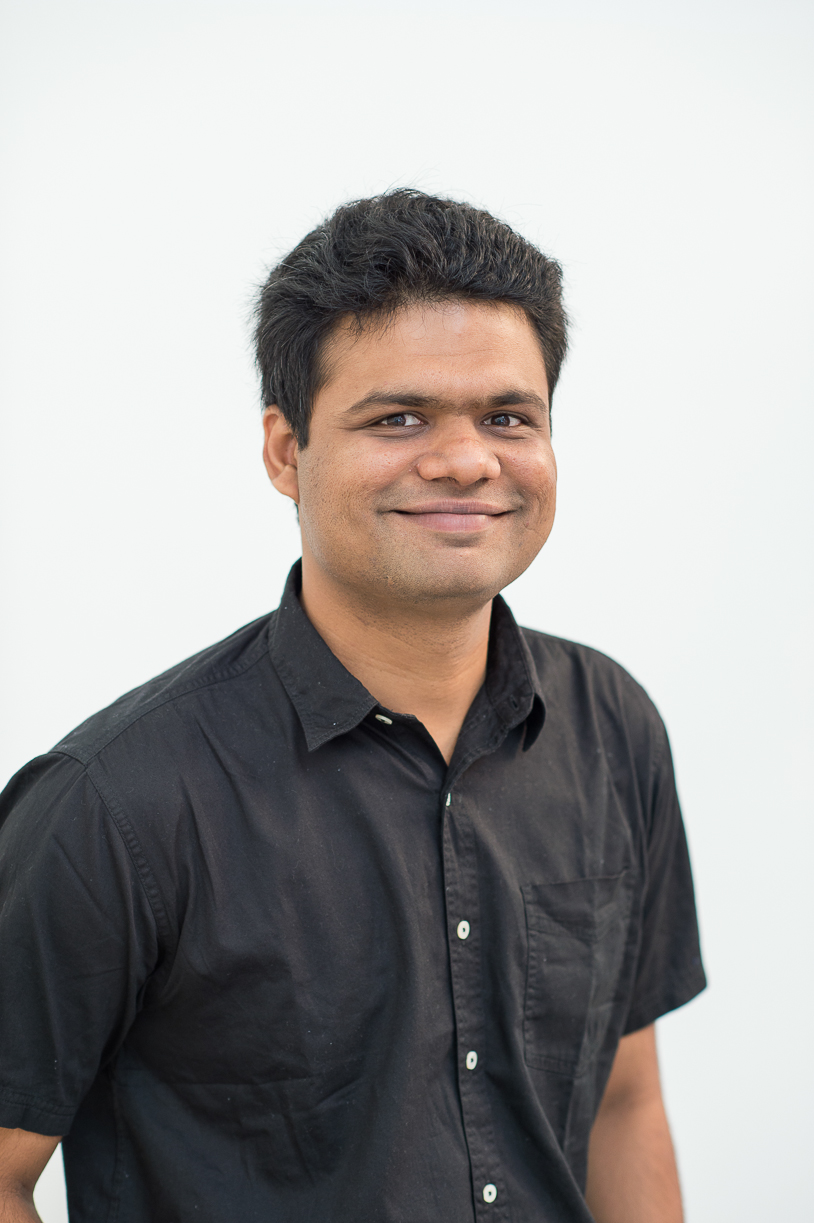Finnish AI Region FAIR (external link)
The Finnish AI Region, or FAIR, aims to accelerate and expand the adoption of artificial intelligence in small and medium-sized enterprises.

The Finnish materials technology company Betolar develops low-carbon materials for construction and mining, utilizing industrial side streams like the ash from incineration plants and slag from the metal industry. The company relies heavily on data analytics and artificial intelligence in identifying and developing new materials.
"AI speeds up the research process and enables the use of materials that have traditionally been difficult to analyze," says Betolar's VP Data Platform & Ecosystem Olli Kilpeläinen.

One key research method is X-ray diffraction (XRD), which is used to analyse the crystal structure of materials. Analysing XRD measurement results is particularly laborious and time-consuming for experts when dealing with side streams.
"We wanted to investigate whether XRD analytics could be accelerated and enhanced using AI solutions. There have recently been some promising new scientific publications on this topic, which is why it would make an excellent theme for a thesis", says Mikael Mohtaschemi, the head of Betolar's data team.
Support for the development work was obtained from the Finnish AI Region (FAIR EDIH) network, which offers SMEs free services to accelerate the adoption of AI. Aalto University is one of FAIR's ten partner organizations. Through FAIR, Edvard Ohlström, who studies machine learning, AI, and data science at Aalto, was found for the thesis work.
Ohlström set out to explore how deep learning could help differentiate impurities and identify materials from XRD measurements, which contain complex material mixtures such as industrial side streams. He started from models published in the literature.
"I simulated diffraction profiles from known crystal structures. The most comprehensive examination included 430 000 different crystal structures. The goal was to create a modular system that could be improved onwards by replacing its parts with more advanced solutions," Ohlström explains.
He developed a modular system where a diffusion model improves the quality of training data. Additionally, he trained a convolutional neural network to match measurement data with the correct crystal structures.
The work showed that a fully automated AI solution for XRD analysis cannot yet be implemented, as current methods are not sufficiently advanced. However, the work laid a strong foundation for further development.
"We are very satisfied with the work. Edvard managed to write a quality thesis on a challenging topic and contribute significantly to a research subject that is still academically young. As progress is made, we can come back to the topic and move forward more quickly," Kilpeläinen states.
"The work enhanced our understanding of the functionality and limitations of AI models in practical applications. It also strengthened our team's expertise, as Edvard brought insights directly from his studies," notes Mohtaschemi, who was his thesis advisor.
The thesis was supervised by Aalto University's assistant professor Vikas Garg.
Olli Kilpeläinen, VP Data Platform & Ecosystem, Betolar OyjA thesis is an excellent way to explore even bold development areas as long as the topic is clearly defined and limited, and allows the student room for independent work.
Betolar encourages other companies to utilize the thesis collaboration offered by FAIR.
"A thesis is an excellent way to explore even bold development areas as long as the topic is clearly defined and limited. It's important that the topic allows the student room for independent work," Kilpeläinen emphasizes.
He underscores that especially for small growing companies with limited resources, a thesis offers an opportunity to delve deeply into specific research areas.
Ohlström worked as part of Betolar's team at the company's office. Daily interaction helped to understand the role of the work within broader goals and how XRD measurements support circular economy solutions.
"I gained valuable work experience, and it was great to see up close what work is like in a startup developing deep technology," Ohlström shares.
At the time of the article's publication, Edvard Ohlström's thesis is in the evaluation stage.
Text: Marjukka Puolakka


The Finnish AI Region, or FAIR, aims to accelerate and expand the adoption of artificial intelligence in small and medium-sized enterprises.
We are an internationally-oriented community and home to world-class research in modern computer science.

The Finnish Center for Artificial Intelligence FCAI is a research hub initiated by Aalto University, the University of Helsinki, and the Technical Research Centre of Finland VTT. The goal of FCAI is to develop new types of artificial intelligence that can work with humans in complex environments, and help modernize Finnish industry. FCAI is one of the national flagships of the Academy of Finland.


